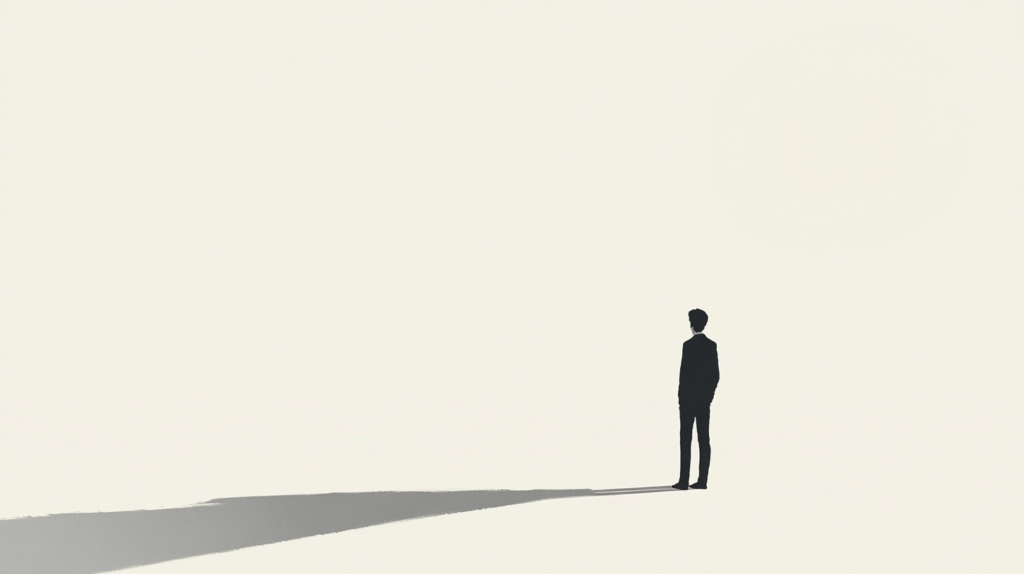Why Fall, Not New Year, Is the Real Time to Reinvent Your Life
Cal Newport argues that autumn, not January, is the natural time to reclaim your life. Routines stabilize, energy returns, and reflection is easier. In
episode 373 of the Deep Questions podcast, Newport curates insights from five popular thinkers
— Mel Robbins, Dan Koe, Jordan Peterson, Ryan Holiday, and himself — into an “all-star” reset formula.
The All-Star Reset Plan: 5 Core Lessons
1. Brain Dump Weekly (Mel Robbins)
Your brain isn’t lazy; it’s overloaded. Robbins recommends a “mental vomit” session: write down every thought, task, and worry. Newport refines this — keep a
living digital list instead of rewriting weekly. Every Friday or Sunday, review, prune, and update it. You’ll turn chaos into clarity.
2. Audit Your Information Diet (Dan Koe)
Just as junk food ruins your body, low-quality media ruins your mind. Koe says to track your content intake. Newport’s enhancement: log every social scroll, video, and podcast
for 30 days. Give each day a happiness score from -2 to +2. Identify what energizes vs. drains you. Build your information nutrition plan.
3. Choose Slayable Dragons (Jordan Peterson)
Massive goals invite paralysis. Peterson teaches that you must lower your target until it’s still challenging but possible. Newport reframes this:
separate your vision (the lifestyle you want) from your next goal (a winnable milestone). Conquer one dragon at a time; each win unlocks the next level.
4. Climb the Book Complexity Ladder (Ryan Holiday)
Holiday warns against shallow reading — chasing book counts over depth. Newport introduces a complexity ladder to deepen comprehension:
- Step 1: Start with secondary sources explaining big ideas (At the Existentialist Café).
- Step 2: Move to accessible primary works like Man’s Search for Meaning.
- Step 3: Progress to approachable classics like Walden or Letters from a Stoic.
- Step 4: Tackle advanced works (Jung, Nietzsche, Aristotle) once ready.
The higher you climb, the richer your thinking becomes — and the stronger your sense of meaning.
5. Master Multiscale Planning (Cal Newport)
Goals fail without structure. Newport’s multiscale planning system aligns your long-term vision with daily action:
- Quarterly Plan: Define 3–4 strategic objectives.
- Weekly Plan: Review progress, schedule deep work, and refine tasks.
- Daily Plan: Time-block your day to ensure meaningful progress.
This layered planning method ensures you’re not just busy — you’re aligned.
Key Takeaways
- 1. Maintain a single, updated brain dump — clarity beats chaos.
- 2. Curate your information diet; protect your mental bandwidth.
- 3. Pursue winnable goals that build momentum.
- 4. Read progressively harder books to sharpen your worldview.
- 5. Plan across time horizons — quarterly, weekly, daily — for compound growth.
The Meta Lesson: Control Your Life, Control Your Devices
Newport’s final insight: the antidote to digital distraction isn’t abstinence — it’s purpose.
When your offline life becomes richer, screens naturally lose their appeal.
“The more interesting your life outside of screens, the less interesting the screens themselves will become.”
